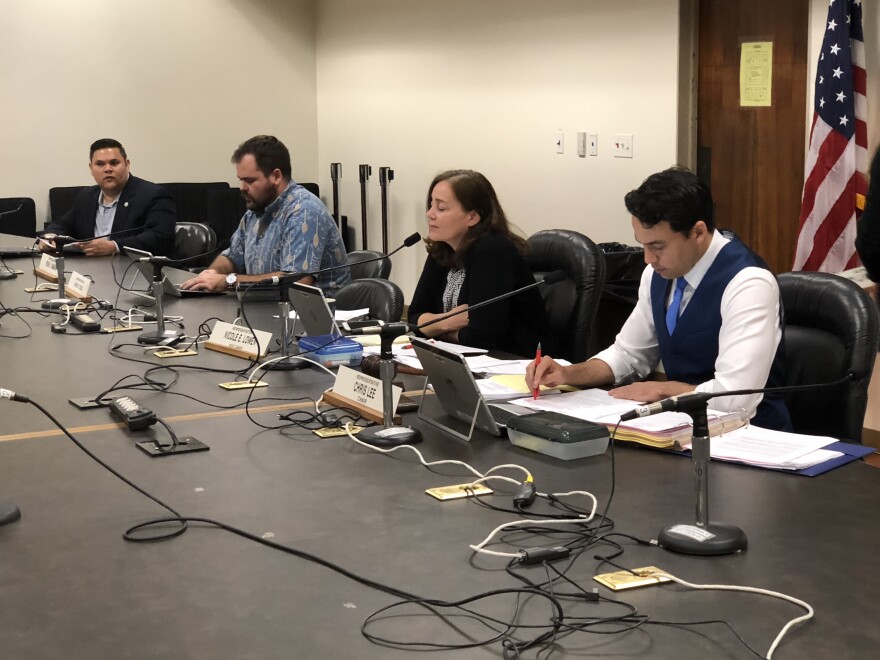A number of proposed bills dealing with cesspools are advancing in the House of Representatives this session. HPR’s Wayne Yoshioka has this update.
There are 88,000 cesspools statewide that must be replaced by 2050. Nearly half pose a risk to water resources. House Bill 2573, if signed into law, would require homeowners to disclose the existence of cesspools on their property before a sale. Sina Pruder is the Department of Health Wastewater Branch program manager.

“In Rhode Island, where they required upgrades of cesspools, it was important that they put it into the mandatory disclosure so that the owner would know that if a cesspool wasn’t upgraded, at least they would know they would be required to upgrade if they purchased the property.”
Representative Isaac Choy is a certified public accountant. He says public health and environmental concerns must be addressed but he prefers the state establish low interest loans to help homeowners.

“Did you hear about the prices to hook up to the sewer line? It’s ridiculous. I’ve heard prices from $10-thousand to a $100-thousand depending on the length of the pipe. It’s getting quite expensive, so maybe government should step in to help finance them but at the end of the day, I think the homeowner should fix it themselves.”
But most cesspools in the rural areas have no sewer line hook-up. House lawmakers are considering a pilot grant program for cesspools closest to water resources. Honolulu Department of Environmental Services director, Lori Kahikina, says homeowners with cesspools should not get a free ride.
“The existing rate payers who have been paying sewer fees all these years and the cesspool people have not been paying anything at all. That’s not fair for the existing people to pay for the sewer system for these people who haven’t been paying all these years.”
Cesspools located close to the shoreline would require more costly aerobic treatment units instead of septic systems which discharge treated wastewater back into the ground. HB 2626 would require a third-party consultant to do a study and provide recommendations to the Department of Health. Wastewater program manager Pruder says time is of the essence.
“Thirty-two years is not that far away and a lot of residents are gonna be scrambling to look for funding mechanisms to upgrade.”
For HPR News, I’m Wayne Yoshioka.




